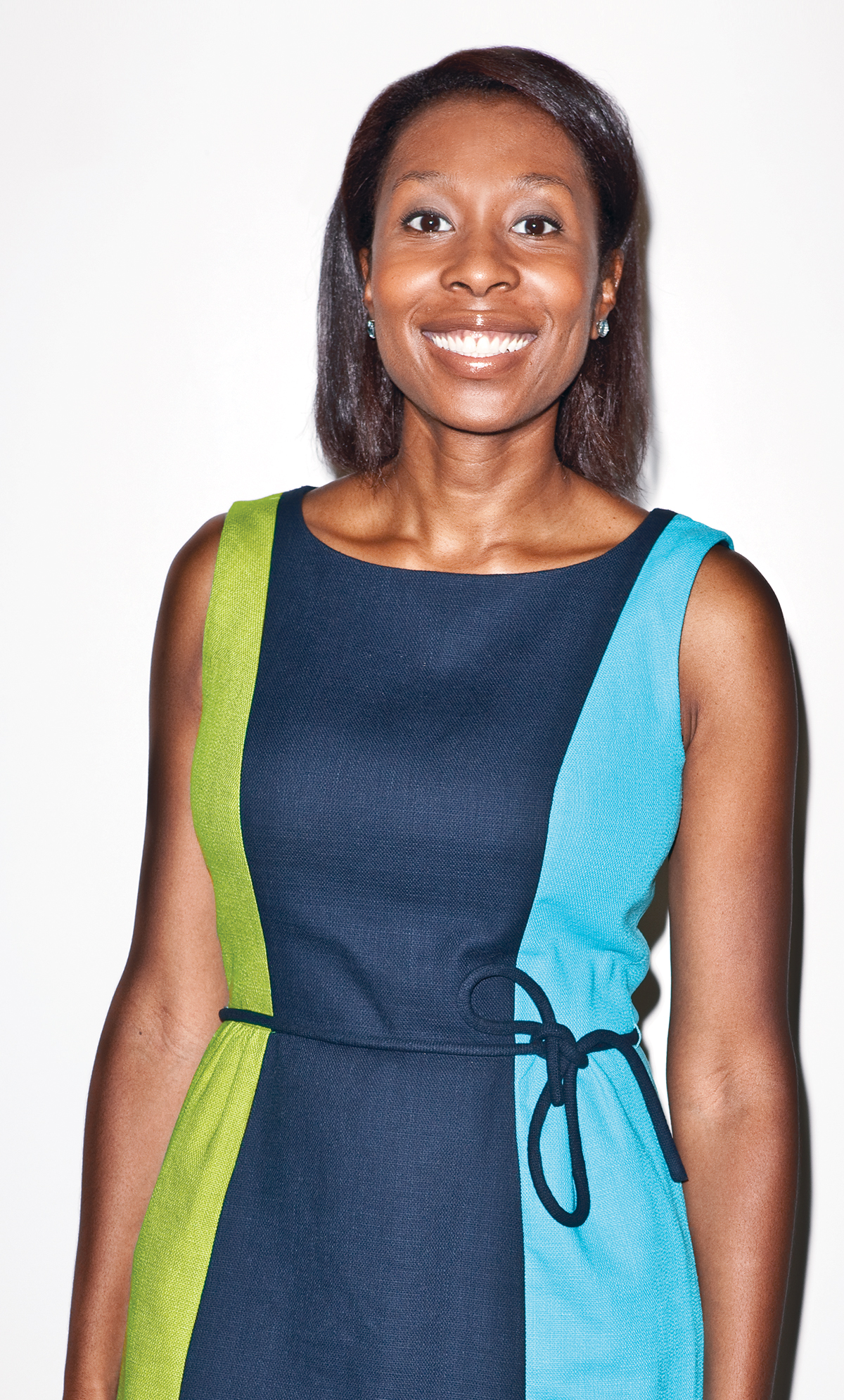Person of Interest: Audie Cornish
Audie Cornish’s voice is smooth and sweet — the kind made to deliver the news. But the Randolph native remembers that as a kid, her voice just seemed so… bland. “My parents are Jamaican, but I never got any sort of patois, and I still have all of my r’s,” she says with perfect diction. “Growing up in the Boston area, the [local] accent was considered a badge of honah. Not having one makes you an outsider, and I really wanted one, so bad, when I was a kid.”
Perhaps it’s a blessing, as the 32-year-old radio journalist was just named the new host of NPR’s Weekend Edition Sunday, a coveted gig with millions of weekly listeners. Cornish admits that she didn’t grow up with NPR — she was more an Elmo kind of kid — and jokes that her introduction to radio was the mini boom box she carried everywhere as a child. “I was in full-on Do the Right Thing mode back then,” she says. “My parents were strict, so the idea of letting me go to the New England Aquarium with a mini boom box is hilarious.”
Cornish made her first foray into radio while pursuing a journalism major at UMass Amherst, and she’s displayed impeccable timing ever since. After graduating in 2001, she began a stint as an AP reporter in Boston, chronicling the aftermath of the 9/11 attacks. In her five years on-air with Boston’s WBUR, she tackled the church sex abuse scandals and the Democratic National Convention. Joining NPR as a regional reporter in the South, she covered New Orleans after Hurricane Katrina, then moved to Washington, where she lives now, to report on the Capitol during the Obama administration.
After a decade of chasing leads, she’s relishing her new role as host, even if it does mean losing her Saturday nights. “I’m married to a reporter” — Globe Washington correspondent Theo Emery — “so I already get up on Sunday mornings and am engaged with the news,” she says. “Now, I’m just doing it with 3 million other people.”
